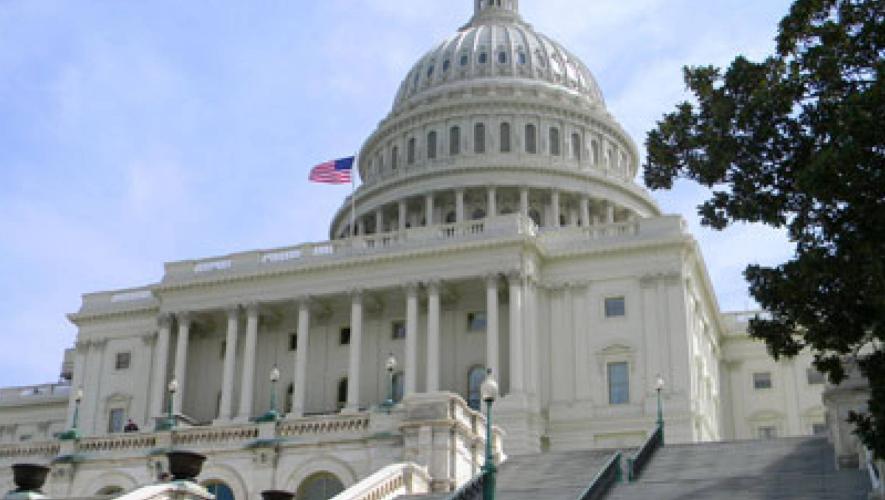Rep. Bill Shuster’s (R-Pa.) proposal to create an independent not-for-profit corporation to run the U.S. air traffic control system appears to try to assuage the fears of the general aviation community, but to no avail. After a first glance at the proposal, GA groups for the most part remained strongly opposed to it, saying it could imperil the future of the industry. Unveiled yesterday, the proposal ostensibly would shield Part 91 and some Part 135 operations from new ATC user fees and provides some protective language about access to the airspace system.
But how the aviation taxes will be administered, how an organization run by a board tilted toward commercial airlines would control long-term access and how the FAA would be funded was still unclear.
While NBAA president and CEO Ed Bolen reiterated his stance that an independent ATC funded by user fees is “a fatally flawed concept,” he added that the debate has always been about much more than user fees.
“NBAA opposes this legislation, which has been pushed by most of the big airlines, and is modeled on foreign systems that can be—and in many cases have been—harmful to general aviation, including business aviation,” Bolen said. “NBAA believes that the public airspace belongs to the public and should be run for the public’s interest. Putting our nation’s ATC system beyond the reach of elected officials has the potential to not only harm general aviation, but also stifle innovation and new competition.”
“We will not support 'leap of faith' proposals that place the fate of any segment of general aviation—in this case the air charter community—in the hands of a yet-to-be-determined board of directors, especially given the fact this segment of general aviation is denied a voice in the corporation's governance,” added NATA president and CEO Tom Hendricks. “A user-fee funded ATC corporation, controlled in perpetuity by a board of industry insiders, will place general aviation in constant peril, starve rural America of access to cutting-edge technology and saddle the traveling public with ever-increasing fees.”
While the proposal would give general aviation two seats on the board, none were provided to the Part 135 community that would be required to pay new ATC user fees.
Opposition extended to the lightest end of the general aviation community, with the Experimental Aircraft Association echoing concerns over that ATC governance structure. EAA CEO and chairman Jack Pelton said the proposal “creates real threats to the services that keep America’s air traffic system the safest and most effective in the world.” He expressed concerns that the proposal could put “GA in the ‘big squeeze’ regarding fees, services, airport access, and the individual freedom to fly for grassroots and recreational flying.”
AOPA, meanwhile, was cautious, saying the organization needs to study the proposal carefully. “This is extremely complex legislation and we need to be sure we get it right and fix only the things that are actually broken,” said AOPA senior v-p of government affairs Jim Coon.
The groups, however, all agreed that the broader reauthorization legislation, H.R. 4441, the Aviation Innovation, Reform, and Reauthorization (AIRR) Act of 2016, included many positive provisions that would strengthen safety and bolster the industry. But with the ATC provision included, the associations maintain they have no alternative but to oppose the bill.






